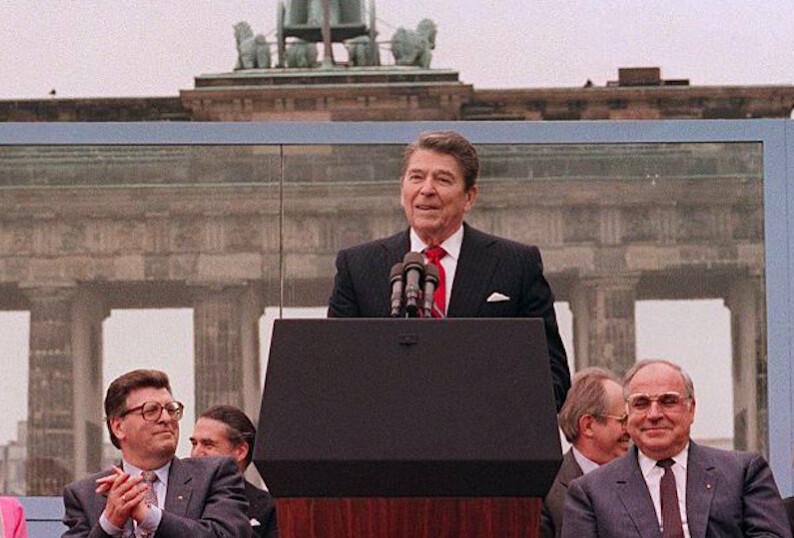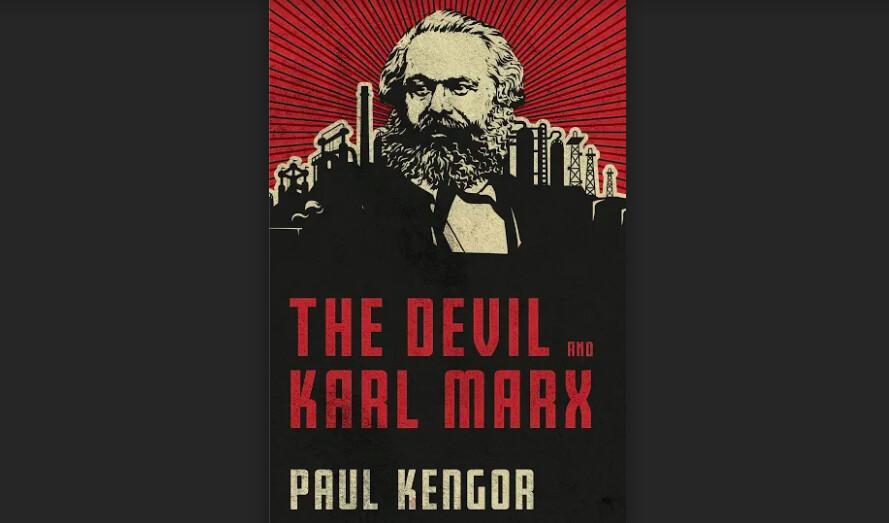Finally, after a lifetime of waiting, there arrives a book for all of us who’ve dealt with the dreaded prospect of having to stand before an audience and deliver a speech. And what a wonderful book it is. It would have been the perfect complement to the most valuable class I took in college.
I’ll never forget that day I stood before a classroom full of freshmen, myself a senior, shaking like a leaf as I had to read a paragraph from a sheet of paper. It was the first in a series of 14 increasingly difficult exercises in a required public speaking class that I’d managed to put off for four years. By the time the course concluded, I was able to deliver an entertaining, informative 30-minute presentation on the proper technique for washing your dog.
The class was taught by an amazing teacher, the stern yet kind Robert Leo Sheppard, who spent 56 years as the “Voice of Yankee Stadium.” Over his long career, he announced over 4,500 Yankee baseball games. He was also the stadium voice of New York Giants football games and a movie and television voice actor. But perhaps his most selfless work was as a professor of speech at St. John’s University in Queens, N.Y., where I had the pleasure (and fear) of being his student. Professor Sheppard was a remarkable man, who over many decades taught countless frightened undergraduates the art of public speaking.
Now comes a superb new book that Professor Sheppard could easily have assigned as a textbook to accompany his class, written by an equally decent, talented, and engaging individual, James Rosebush.
Rosebush learned his craft of public communications from that most talented of communicators, President Ronald Reagan, for whom Rosebush served as deputy assistant, as well as chief of staff to Nancy Reagan.


